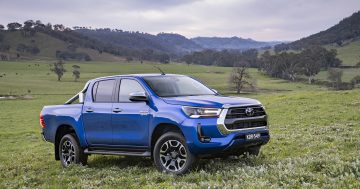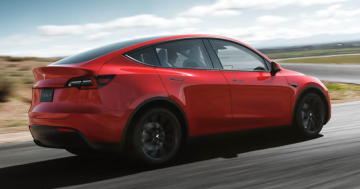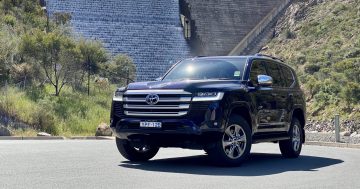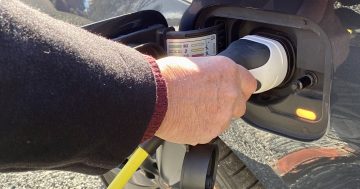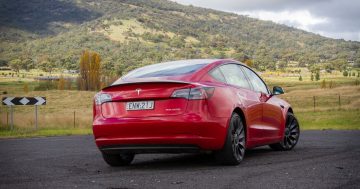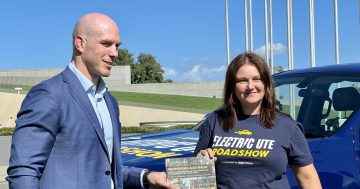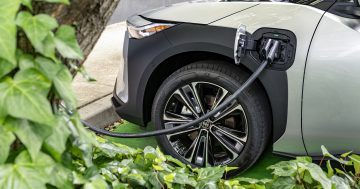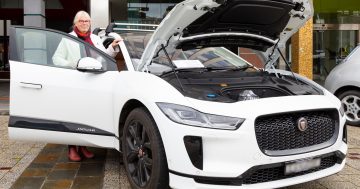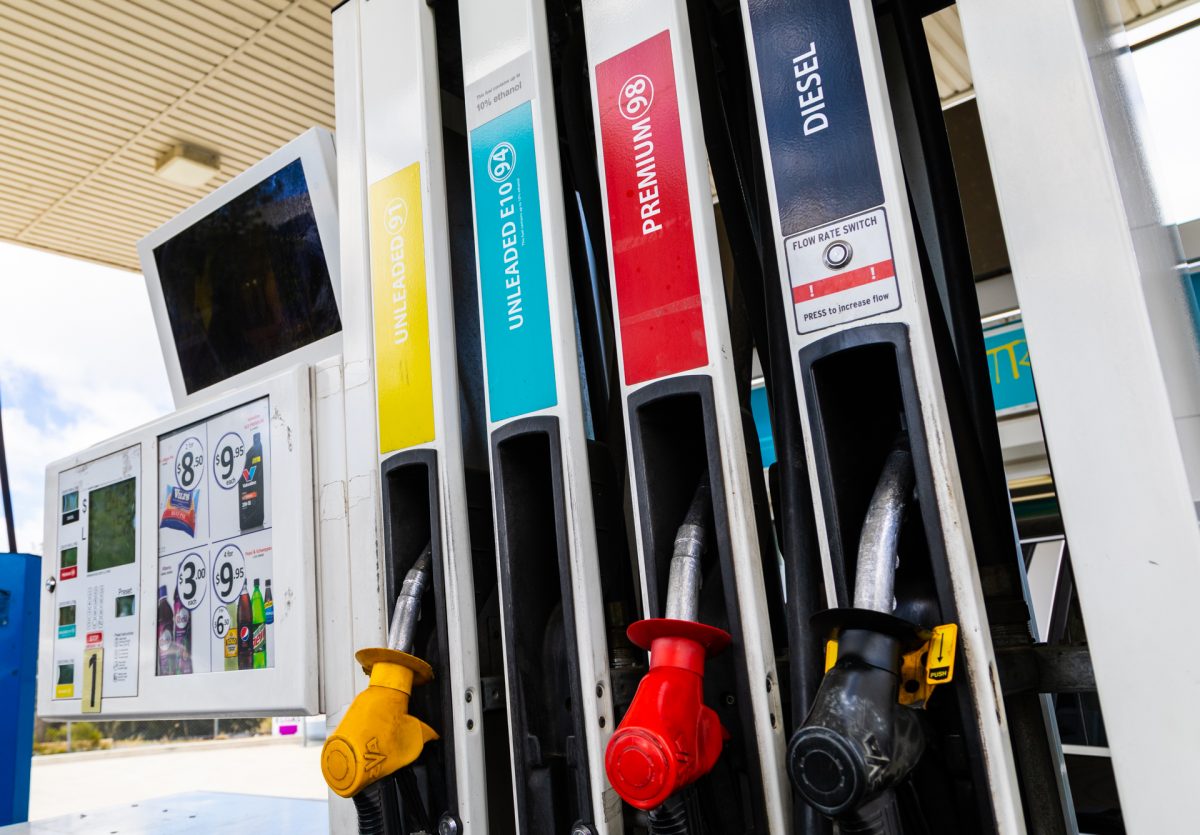
New vehicle efficiency standards (NVES) could save Australian motorists up to $1000 a year by 2028. Photo: Michelle Kroll.
The Commonwealth has announced that it will introduce new vehicle efficiency standards (NVES) in Australia, mirroring those available in most other parts of the developed world for decades.
The new standards are designed to save Australian motorists money at the fuel pump, provide more choice regarding the cars that we are able to buy and reduce transport emissions.
Australia has often been described as a market dumping ground for inefficient vehicles that cannot be sold elsewhere without significant modifications to their emissions systems.
The Australian Government says its NVES will push car makers to give motorists more choices of new cars, utes and vans that use less fuel and that have, until now, only been available to buyers in overseas markets.
The preferred model for the new standard has been published on www.cleanercars.gov.au and has been under development since the policy was committed to in 2023.
By 2028, Australian drivers could save up to $1000 per year by choosing new passenger and light commercial vehicles that better meet emissions standards. However, there are currently no plans to adopt the Californian smog test model for used cars.
After a period of consultation, the legislation is expected to be introduced to Parliament later this year. The new standards will come into effect by 1 January 2025.
Minister for Climate Change and Energy Chris Bowen said Australian drivers are spending more than they need to on fuel.
“We’re giving Australians more choice to spend less on petrol by catching up with the US – this will save Australian motorists $100 billion in fuel costs to 2050,” he said.
“This is about ensuring Australian families and businesses can choose the latest and most efficient cars and utes, whether they’re petrol and diesel engines, or hybrid, or electric.”
Minister for Transport, Regional Development and Local Government Catherine King said the government favours a model that ensures achievable change that will bring Australia in line with US standards by 2028.
“The standard increases choice,” she said.
“It doesn’t dictate what sort of car or ute people can buy, but will mean you have a wider range of modern and cheaper-to-run vehicles.
“As you make the choice about your next car, it’s only fair you have the widest range of options possible to get the car that is right for you and right for your hip pocket.”
The Climate Council welcomed the policy and said it will give Australians better access to cleaner cars that are cheaper to run.
Climate Council CEO Amanda McKenzie said, “Today’s important announcement gets us off the starter’s grid and on the road to cheaper, cleaner transport.
“Many Australians are doing it tough right now, with petrol one of the expenses causing the most financial stress for households. At the same time, pollution from inefficient petrol-guzzling cars is fuelling harmful climate change,” she said.
“By giving Australians better choice of cleaner, cheaper-to-run cars, a strong fuel efficiency standard will cut household costs and clean up our air.”
Climate Councillor and energy expert Greg Bourne added, “A fuel efficiency standard will benefit all Australians – no matter what type of new car they are buying.
“Australians – especially those in our suburbs and regions – deserve access to the same choice of affordable, clean and safe cars that are already being sold in their millions overseas,” he said.
“A strong fuel efficiency standard can help deliver this.”
ACT Independent Senator David Pocock also welcomed the NVES policy and said Australia had a lot of catching up to do.
“For years, Australia has languished at the back of the pack,” he said.
“The absence of fuel efficiency standards has made us the world’s dumping ground for the most fuel-inefficient vehicles.
“Our lack of any standards has cost Australians at the bowser and has damaged the climate due to high emissions.
“Finally, we have an opportunity to turn this around.”
But he said the timetable to introduce the new standards was too slow.
“I want to see these new standards implemented as soon as possible and call on the government to bring forward the slated commencement date of 1 January 2025 to 1 July 2024, with a six-month test period during which penalties do not apply,” he said.
“Anything less ambitious than what is being proposed will increase the cost of transport and do further damage to our climate.”
Australia’s automotive peak industry body, the Federal Chamber of Automotive Industries (FCAI), is encouraging the Federal Government to ensure the affordability and mobility needs of consumers are considered throughout the consultation period.
FCAI Chief Executive Tony Weber said the automotive industry has sought a fuel efficiency standard for many years.
“There is a shared commitment from industry and government to combat climate change by ensuring zero and low-emission vehicles are accessible and affordable to all Australian consumers. Most important is that Australian families and businesses can continue to access the style of vehicle that suits their needs for work and recreation,” Mr Weber said.
Mr Weber said the industry would take time to study the potential impacts on consumers and the industry.
“On the surface, the targets seeking a 60 per cent improvement in emissions are very ambitious, and it will be a challenge to see if they are achievable taking into account the total cost of ownership.”












